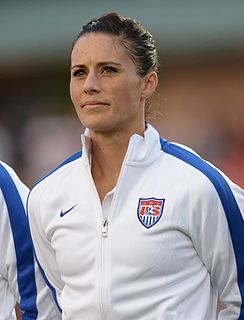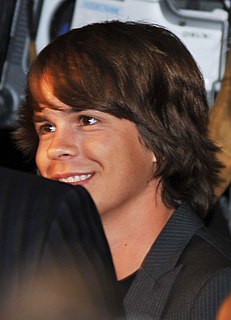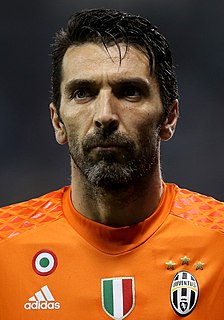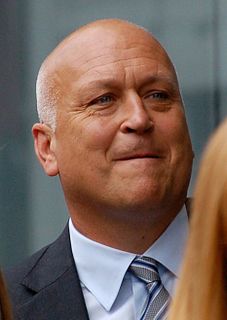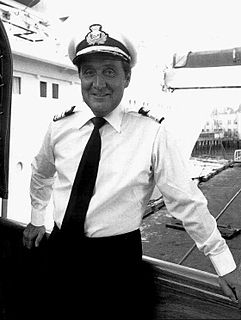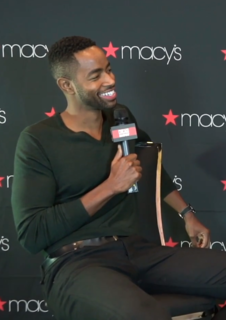A Quote by Ali Krieger
I think my confidence came when I turned 30. I don't know, something about turning 30 has been unbelievable. I just feel a sense of freedom.
Quote Topics
Related Quotes
I feel like something has changed for me, but it’s a new change, so it’s going to be hard for me to describe. Maybe it has something to do with turning 30. I don’t feel as shy or nervous or self-conscious. I have more confidence that I can handle what life brings me. I don’t feel scared to have an idea and express it. I feel giddy about it because it’s a complete transformation. It’s like I’ve found my voice.
I think it was around the time of doing those shorts. [Producer] Christine Vachon, I had a meeting with her, and she mentioned the short, this AOL short, and asked if I wanted to do one. And then the next step was the "30 for 30," and again that boosted my confidence enough to decide I'm going to do a feature narrative. And I was supported by my agency, and [producer] Jane Rosenthal has been an exceptional friend, and she produced "All We Had," she encouraged me to do the "30 for 30."
Think of a world where there is no ride-sharing; people are driving themselves to work. You now have 30 people being served by 30 cars. Those 30 cars are only served 4% of the day; 96% of the day, they're stored somewhere. Around 20% to 30% of our land is taken up just storing these hunks of metal that we drive around in for 4% of the day.
